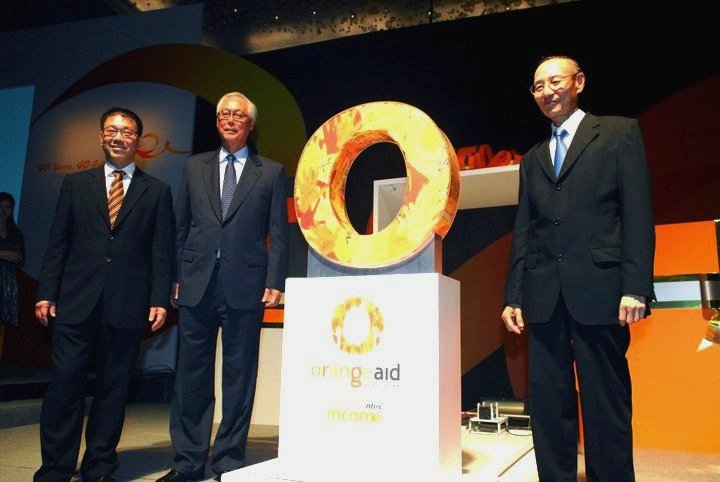Escalating Violence: Iranian Strikes Wound Over 240 in Israel

In a significant escalation of hostilities, Iranian missile strikes targeted southern Israel on June 19, 2025, injuring at least 240 individuals, including four seriously. The attacks included direct hits on the Soroka Medical Center in Beersheba and various residential buildings, causing extensive damage and sending emergency services into action. Israeli Defense Minister Israel Katz condemned the strikes, specifically blaming Iran's Supreme Leader Ayatollah Ali Khamenei, asserting that military actions would intensify until Khamenei's removal was ensured.
The context of these developments is rooted in a long-standing conflict between Iran and Israel, which has seen both nations engaged in a cycle of provocations and retaliatory strikes. In the wake of the missile barrage, Israel retaliated with airstrikes on Iran's Arak heavy water reactor, a pivotal site in Tehran's nuclear program. The International Atomic Energy Agency (IAEA) confirmed that the reactor was not operational at the time of the strike, posing no immediate risk of radiation.
Houthi leader Abdul Malik al-Houthi praised Iran's missile response, warning that Israel's military operations against Iran could destabilize the entire region. He asserted that the aggression was met with effective resistance from Iran, underscoring the ongoing tensions that have engulfed the Middle East over the years. The Israeli military, in turn, reported that Iran had launched approximately 450 missiles and 1,000 drones towards Israel, a significant uptick in hostilities that marks a new phase in the conflict.
International reactions have been varied. Russian President Vladimir Putin and Chinese President Xi Jinping condemned the Israeli strikes, calling for a diplomatic resolution to the escalating conflict. They emphasized that military solutions would only exacerbate tensions in the region. Meanwhile, U.S. officials have indicated a cautious approach, with President Donald Trump reportedly vetoing an Israeli plan aimed at eliminating Khamenei, although he remains prepared to act if necessary.
The humanitarian implications of the ongoing conflict are dire, with reports indicating significant casualties on both sides. The Gaza Health Ministry stated that recent Israeli airstrikes resulted in numerous fatalities and injuries among Palestinian civilians, further complicating the already fragile humanitarian situation in the region. As the conflict continues to unfold, the international community faces pressing questions about the potential for escalation and the need for diplomatic intervention to prevent further loss of life.
The situation remains fluid, with both nations engaging in military posturing and retaliatory measures. Analysts warn that without a concerted effort towards de-escalation, the conflict could spiral further out of control, drawing in regional and global powers into a wider confrontation. The diplomatic landscape is also shifting, with countries like China and France expressing readiness to broker peace talks, while others like the U.S. maintain a watchful stance on developments in the region. The coming days and weeks will be critical in determining the trajectory of this increasingly volatile situation.
Advertisement
Tags
Advertisement





